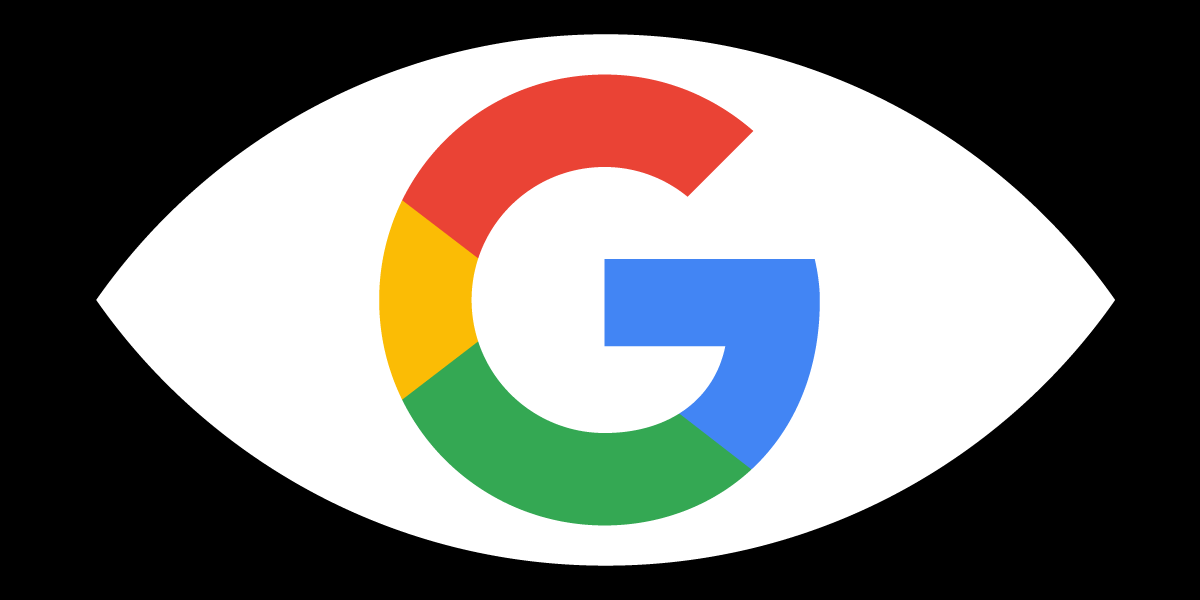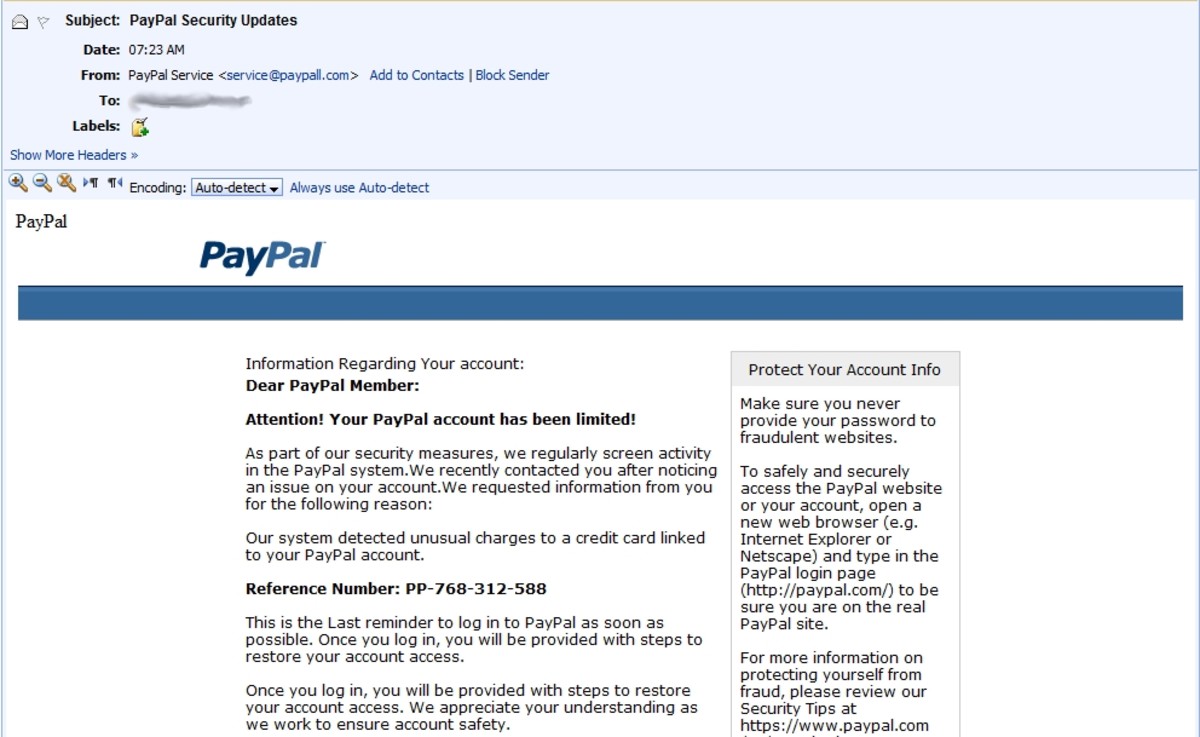Why You Should Be Worried About Your Internet

The Privacy Violations and Consequences
The issue of privacy on the internet is something that people tend not to care about, or they could be naïve about the whole issue. Releasing personal information to the world does not seem to be a big deal to some people but in reality, people should be conscious of what the internet knows about them. We engage the internet through our social media apps right from our phones and in the process end up telling the silent listeners every detail of our lives. Unluckily, these silent listeners are taking advantage of this and using the information against us. Companies are actually profiting at our advantage.
Between 2012 and 2014 Facebook Company considered selling user data that it had collected, to advertisers and developers. This is what led to the Cambridge Analytica saga whereby an app named This Is Your Digital Life app to access millions of Facebook user data without their consent. This year, China’s internet regulator, the Cyberspace Administration of China, ordered the pulling down of over 8000 apps in the country. The apps, considered as malicious and harmful are said to be siphoning user data for advertisement and marketing and also getting money from their users- that is by purchasing invaluable extra features. In 2018 some iPhone apps were caught collecting user information and precisely, location data and selling them to developers.
The question of how the internet oversteps our privacy in our modern life and the consequences are worth the consideration. The fact that we voluntarily feed the internet with information about ourselves should be worrying. For instance, when registering on social media applications, we give information about our locations, dates of birth, phone numbers and email addresses and not forgetting our names. Other apps go as far as knowing a person’s likes, dislikes, and interests. For instance on Facebook, there are a number of games that extract your personal information without user consent. Have you ever seen posts that tell you to write your name and a dot com so that you see what kind of car suits you or who your look-alike celebrity is? Other apps will predict your future (your travel destination, number of kids you will get, how you would look in 30 years to come and more other subjects of human interests). When a user participates in this games the application continually collect data.
Millennials are the most affected because of their love for cool gadgets from phones to personal PC’s that are useless unless supported by a strong internet connection. Apart from that, these guys also love free fast internet found in parks, hotels and also in their places of work. There is less questioning about whose free internet we are connecting to and this brings the risk of privacy infringement.
About two months ago a company, owned by one vibrant growing entrepreneur lost their company’s valuable information that included their clients' information that ranged from names to phone numbers and email addresses. The company consequently lost millions to the fraudsters who collected their login details from a look-alike free WI-FI connection. The company also had to compensate those clients who feel on the fraudster’s blade. Talk of litigation fees, compensations, losing customers and other related problems brought down the company to its knees and facing liquidation.
Remember the ransomware that ‘hijacked’ peoples computers and encrypts the information plus data and promising to destroy the keys in 7 days? Many people lost thousands of money to the annoying idiots as a ransom for their own data in their own computers. The victims probably had released their data unknowingly that made it possible for cybercriminals to slurp their cash.
In the past years, South Africa had experienced a crisis where people lost money from their bank accounts and mobile banking. They called it ‘swapping ‘that saw criminals create duplicate functional bank cards and sim cards. The personal identification numbers were obtained by sipping – an online trickery that makes people release their personal information unknowingly. One of the popular tricks is where people receive emails that prompt them to reset their passwords or verify their credentials. By the time South Africans realized this, it had almost become a crisis.
I had a friend who ended up delivering goods to a client because he received a look-alike PayPal email confirming that he had received the payments. The email was designed and made to appear like the originals sent from PayPal. Recently a friend received a twitter message from a self-proclaimed philanthropist, who claimed to be looking for a trustworthy person to handle her millions of money for charity claiming to be overly succumbing to cancers. The hook was to send them a confirmatory email address. For the next eight days, he was unable to receive any emails and could not even access the account. He lost money from his PayPal accounts and also lost the credentials to his AdSense id in

The Future of the Internet
The future of the internet can be predictable to a certain extent, but predicting its effects could be limited. For instance, internet developers did not know that in this century there could be a user data breach or the internet could enable the destruction of the world in all angles.
The ubiquitous city of Songdo in Korea could predict the future of the modern internet, perhaps decades to come. A city with overflowing internet access that enables and stores your online activity and tracks every footstep you make. CCTV cameras are in plenty so that you feel spied on even at your doorstep to the corner of your bedroom. A city where traffic is controlled by computers and buses and trains are ever on time. There is more the internet will do to change the lives of the people of the world but certainly by the help of breaching user privacy.
In the future probably we won’t go into disputes when vetting the credibility of o chief justice or voting in a president because the internet will provide useful past information. The world will be able to fight any criminal activities because cameras are constantly watching and the gadgets on our hands, including watches, wedding rings and phones could help track our footsteps. Who knows whether the passports and national ID cards will be overly digital? The internet will know every face by the face recognition technology where governments will be able to read all our personal information by giving gestures to screens.
conclusion
The truth is that we do not know what the internet will do or what it will invent. Internet mongers will only hope for the best and positive results from the internet. The fact remains that the internet will keep developing from day to day as the smart ones are yet to be born. For us to make the future of the internet alive we must learn on how to responsibly use the internet, read the scripts before we do anything on the internet. There is a phrase that says, the internet never forgets, which ineptly means that the internet records anything you do online and it will in future retrace your steps and make you swallow the consequences.








